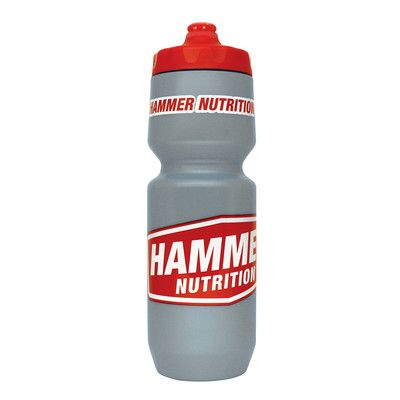HIDRATACIÓN
CUÁNTO BEBER
For optimum health and best performance: drink 32-39 ml of fluid per kg of body weight daily in addition to what you drink while training or racing. During exercise, drink 475-825 ml per hour.
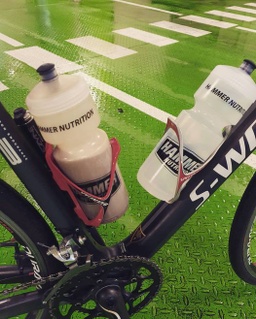
SECRET #1: PROPER HYDRATION
What you need to know to stay in the flow.
El agua es la necesidad más importante durante el ejercicio. Refresca tu cuerpo y aporta nutrientes. Sin embargo, muchos atletas tienen problemas para medir la cantidad de líquido que deben ingerir. Al intentar sustituir todos los líquidos que han perdido en forma de sudor, a menudo se hidratan en exceso, lo cual puede tener consecuencias dañinas e incluso fatales.
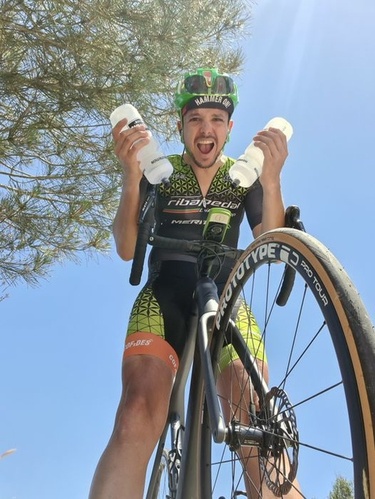
The fact is, you can finish a race or training session with up to 2% weight water loss and still be okay. Forget advice to “drink to replace” or “drink even when you’re not thirsty.” It’s just plain wrong. Here’s what every athlete needs to know about hydration for best performance and optimum health:
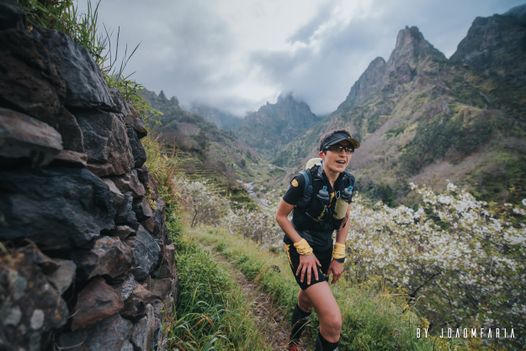
#1 - Your body simply can’t absorb fluids at the same rate that it loses them. You lose about 1 liter (about 34 ounces) of fluid per hour during exercise, on average, and more than that in extreme heat and humidity. With acclimatization and training, you can reduce fluid loss by up to 50%. But you can’t replenish fluids at the same rate you lose them during the event.
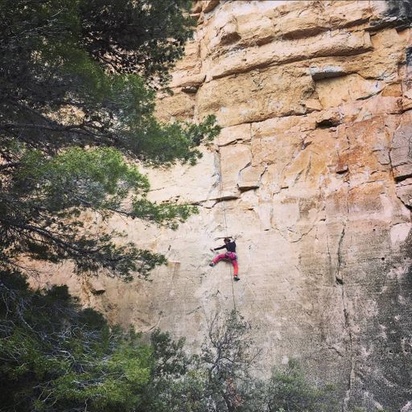
#2 - Drinking too much water during exercise will impede performance and could make you seriously ill. Dr. Tim Noakes collected data for 10 years from some 10,000 runners participating in the Comrades Marathon, an 84.33 kilometers ultra event. Noakes noted the prevalence of hyponatremia (low blood sodium) during ultramarathons and triathlons in runners who hydrated excessively. When blood sodium concentration becomes too dilute, you can develop severe cardiac symptoms leading to collapse. Lesser degrees of impairment occur frequently from excess fluid intake. Noakes believes an intake of 1 liter (33.8 ounces) of hypotonic (low-electrolyte) fluids per hour will likely cause water intoxication and dilutional hyponatremia.
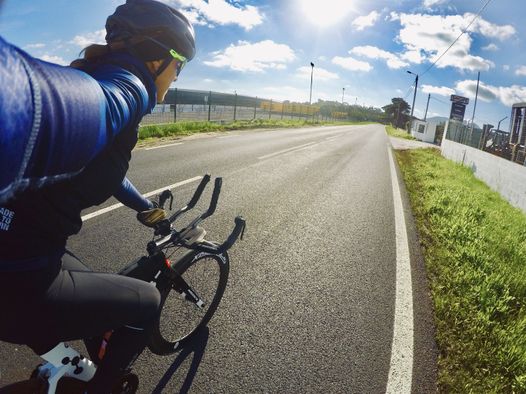
#3 - Research has shown the optimal water intake for an average athlete during exercise to be about one water bottle (500-750 ml) per hour give or take a few ounces, depending on your size and the weather conditions. The goal with hydration during exercise is to support natural fluid stores by consuming the amount your body can process. Dr. Noakes’s research showed that endurance athletes who consumed 475-825 ml fluid ounces per hour typically replenished as much fluid as is efficiently possible. According to Ian Rogers, MD, the author of several scientific articles on the dangers of over-hydration for endurance athletes, about 475-825 m per hour will fulfill most athletes’ hydration requirements under most conditions. “Like most things in life, balance is the key,” says Dr. Rogers.
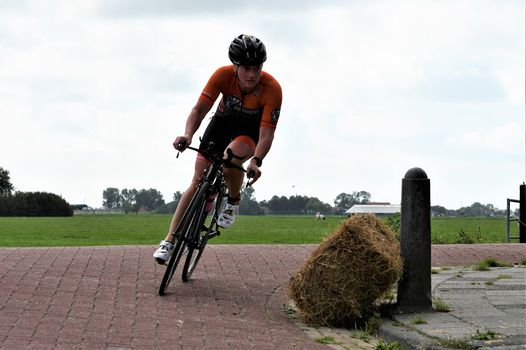
#4 - A good hydration regimen starts before you even get moving. For regular daily (non-exercise) hydration needs, aim for a fluid intake of 32-39 ml fluid ounces per kg of your body weight. That amount
can
include coffee, tea, and other liquids, but preferably pure, clean water--and it’s in addition to the amount you drink during exercise.
Bottomline
En pocas palabras: si te hidratas adecuadamente y no ingieres más de 475 a 825 ml (o un poco más en casos excepcionales) de líquidos cada hora, lograrás un rendimiento óptimo sintiendo menos fatiga, hinchazón y calambres. Y te sentirás mejor antes, durante y después de tu entrenamiento o carrera.
Optimal Hydration Chart
45 kg 1.440 - 1.755 ml
50 kg 1.600 - 1.950 ml
55 kg 1.760 - 2.145 ml
60 kg 1.920 - 2.340 ml
65 kg 2.080 - 2.535 ml
70 kg 2.240 - 2.730 ml
75 kg 2.400 - 2.925 ml
80 kg 2.560 - 3.120 ml
85 kg 2.720 - 3.315 ml
90 kg 2.880 - 3.510 ml
95 kg 3.040 - 3.705 ml
100 kg 3.200 - 3.900 ml
THE FAST LANE
Hammer Nutrition water bottles hold 500-750 ml of fluid. Consuming about one bottle per hour is an easy way to keep hydration on track.
Use caffeine with caution. Although it has ergogenic benefits, it also acts as a diuretic, speeding the depletion of fluids.
Drink cold fluids as much as possible during exercise. Your body absorbs them more rapidly. Use an insulated bottle or hydration pack.
During exercise, avoid simple sugar fuels. They require more fluids and electrolytes to digest.
If you finish an event weighing more than you started, you over-hydrated. If you dropped 3% or more, you’re dehydrated. A loss of 2% is acceptable.
